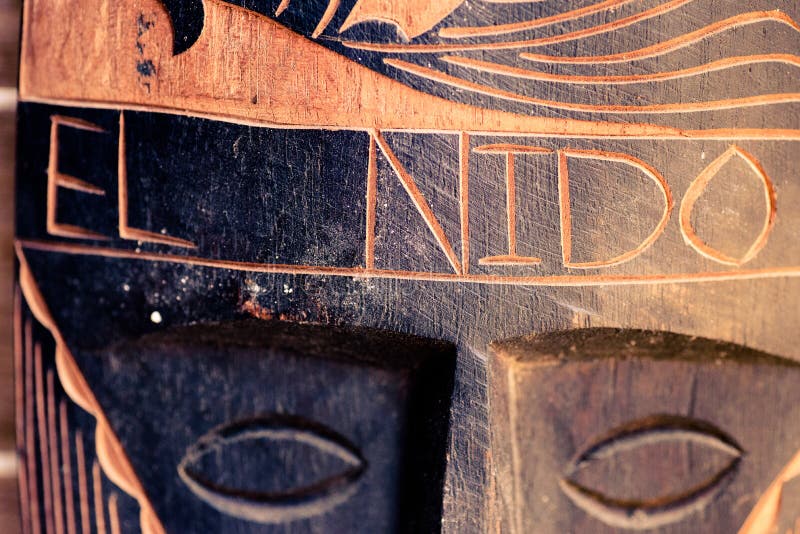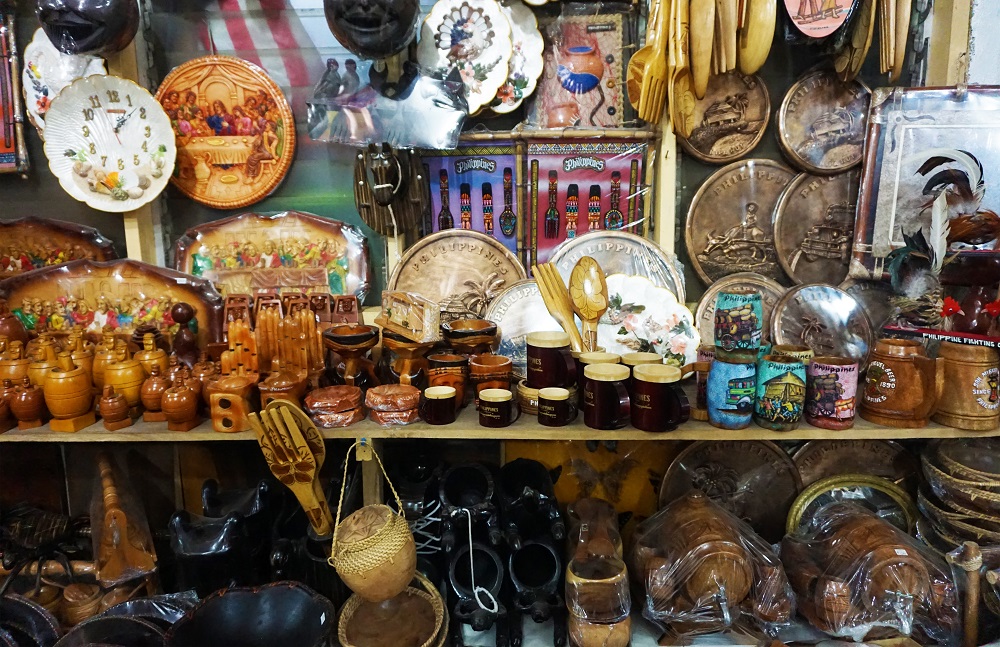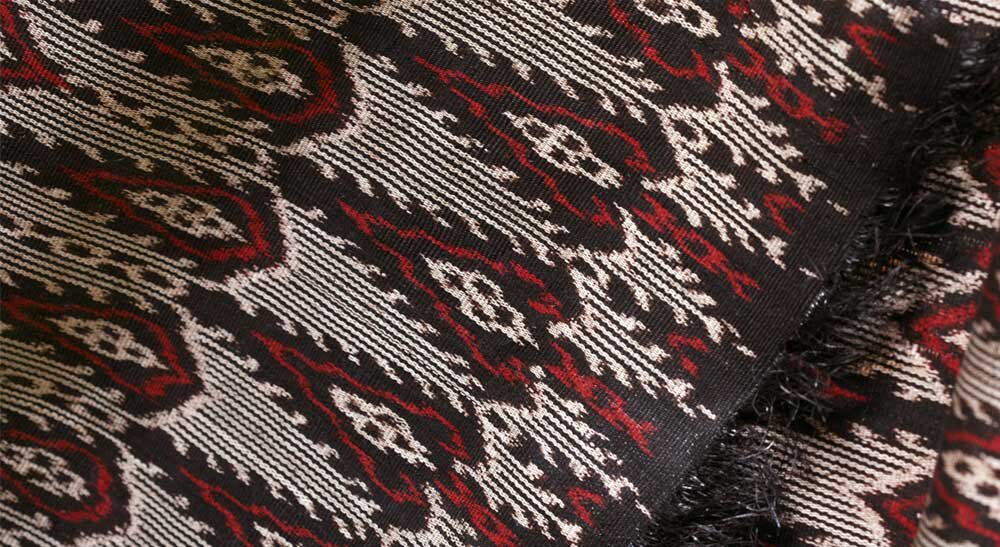El Nido’s Artisans and Craftsmanship: A Tapestry of Tradition
El Nido, a hidden gem nestled within the Palawan province of the Philippines, is renowned not only for its breathtaking natural beauty but also for its rich cultural heritage. One of the most fascinating aspects of El Nido is the vibrant tapestry of traditional crafts that have been passed down through generations.
From intricate weaving and basketry to delicate shell art and woodcarving, El Nido’s artisans showcase their exceptional skills and creativity. These traditional crafts are a testament to the ingenuity and resilience of the local people, who have managed to preserve their cultural heritage amidst the challenges of modern life.
Visitors to El Nido have the opportunity to explore the local markets and galleries, where they can admire and purchase these exquisite handicrafts. Interacting with the artisans allows for a deeper appreciation of their craftsmanship and the stories behind their creations.

1. Traditional Weaving: Preserving Centuries-Old Techniques
At the heart of El Nido’s artisanal scene is traditional weaving, an ancient craft passed down through generations. Local craftsmen skillfully weave intricate patterns into textiles using locally sourced materials such as pandan leaves and indigenous fibers. These woven masterpieces include mats, baskets, and clothing items, each bearing the mark of the artisan’s expertise and a connection to Palawan’s cultural roots.
2. Shellcraft: Crafting Treasures from the Sea
El Nido’s coastal location inspires shellcraft artisans to transform seashells into intricate jewelry, decorative items, and souvenirs. From delicate earrings adorned with colorful shells to intricately designed home décor, these creations capture the essence of the sea, offering visitors a tangible piece of El Nido’s marine beauty.

3. Wood Carving: A Symphony of Nature and Craftsmanship
El Nido’s lush landscapes provide a bountiful source of inspiration for local woodcarvers. Skilled artisans carve intricate designs into various hardwoods, creating sculptures, masks, and functional items. The marriage of natural motifs, like leaves and animals, with the craftsman’s talent results in unique, hand-carved pieces that embody the spirit of Palawan.
4. Beadwork and Jewelry Making: Adorning El Nido’s Spirit
Artisans in El Nido masterfully create jewelry using traditional beadwork techniques. Vibrant beads sourced from local materials or repurposed from recycled items find new life in necklaces, bracelets, and accessories. Each piece reflects the artisan’s creativity and a commitment to sustainable practices, as they transform ordinary materials into wearable art.
5. Pottery: Shaping Palawan’s Clay into Art
El Nido’s pottery scene is a testament to the synergy between nature and creativity. Local potters mold clay sourced from nearby areas into functional pottery, from mugs and plates to intricate vases. Visitors can witness the pottery-making process and even try their hand at shaping the clay under the guidance of skilled artisans.

6. Handwoven Accessories: Fashioning Elegance with Indigenous Materials
Artisans in El Nido showcase their skills in crafting handwoven accessories using indigenous materials like rattan and banana fibers. Bags, hats, and accessories take on a unique character, blending traditional craftsmanship with modern design. These accessories not only serve as stylish souvenirs but also carry the essence of El Nido’s local identity.
7. Painted Crafts: Capturing El Nido’s Beauty on Canvas
Local artists in El Nido express their love for their surroundings through painted crafts. Scenes of turquoise waters, limestone cliffs, and vibrant marine life come to life on canvases, wooden surfaces, and even traditional fabrics. These painted crafts serve as visual narratives, allowing visitors to take home a piece of El Nido’s natural wonders.
8. T’nalak Weaving: Indigenous Artistry of the Tagbanua People
Embodying the cultural heritage of the Tagbanua people, T’nalak weaving is a traditional craft that produces vibrant and intricate patterns on woven fabric. The process involves intricate tying and dyeing techniques, resulting in beautiful tapestries that often depict stories from Tagbanua folklore. Visitors can engage with local weavers and witness the meticulous process behind these unique creations.

9. Bamboo Craftsmanship: Sustainable Artistry
Bamboo, a versatile and sustainable material, finds its way into various crafts in El Nido. Local artisans skillfully shape bamboo into furniture, home décor, and even musical instruments. The craftsmanship emphasizes both the resilience of bamboo and the commitment to sustainable practices, creating pieces that echo the harmony between nature and art.
10. Custom-Made Leather Goods: Artisanal Elegance
Leather artisans in El Nido showcase their skill in crafting custom-made leather goods. From wallets and belts to intricately designed bags, each piece is a testament to meticulous craftsmanship. Visitors can witness the artistry involved in leatherworking and even request personalized items that carry the essence of El Nido.
Tiki Tours and the 3-Day Expedition to El Nido
To fully immerse yourself in El Nido’s cultural heritage, consider joining Tiki Tours’ 3-day expedition. This guided tour offers a unique opportunity to explore the region’s natural beauty while also experiencing its rich cultural traditions.
During the expedition, you’ll have the chance to visit local villages and witness firsthand the artisans at work. You can learn about the techniques used in traditional crafts and even purchase handcrafted souvenirs to take home as a memento of your journey.
By supporting El Nido’s artisans and their crafts, you are not only contributing to the preservation of local culture but also helping to sustain the livelihoods of these talented individuals.
Preserving Heritage Through Artisanal Expression
El Nido’s artisans play a vital role in preserving the cultural heritage of Palawan. Their creations not only showcase traditional craftsmanship but also contribute to the sustainable development of the community. Visitors are invited not just to admire these works of art but to engage with the artisans, learning about their craft, and gaining a deeper appreciation for the cultural richness woven into the fabric of El Nido. Whether you’re seeking unique sou

